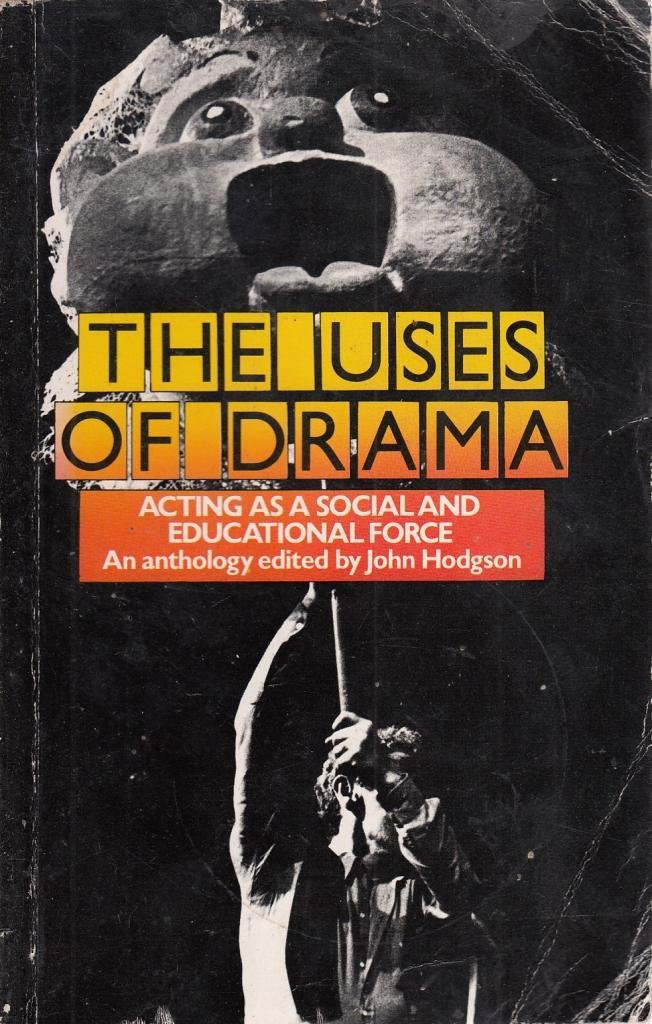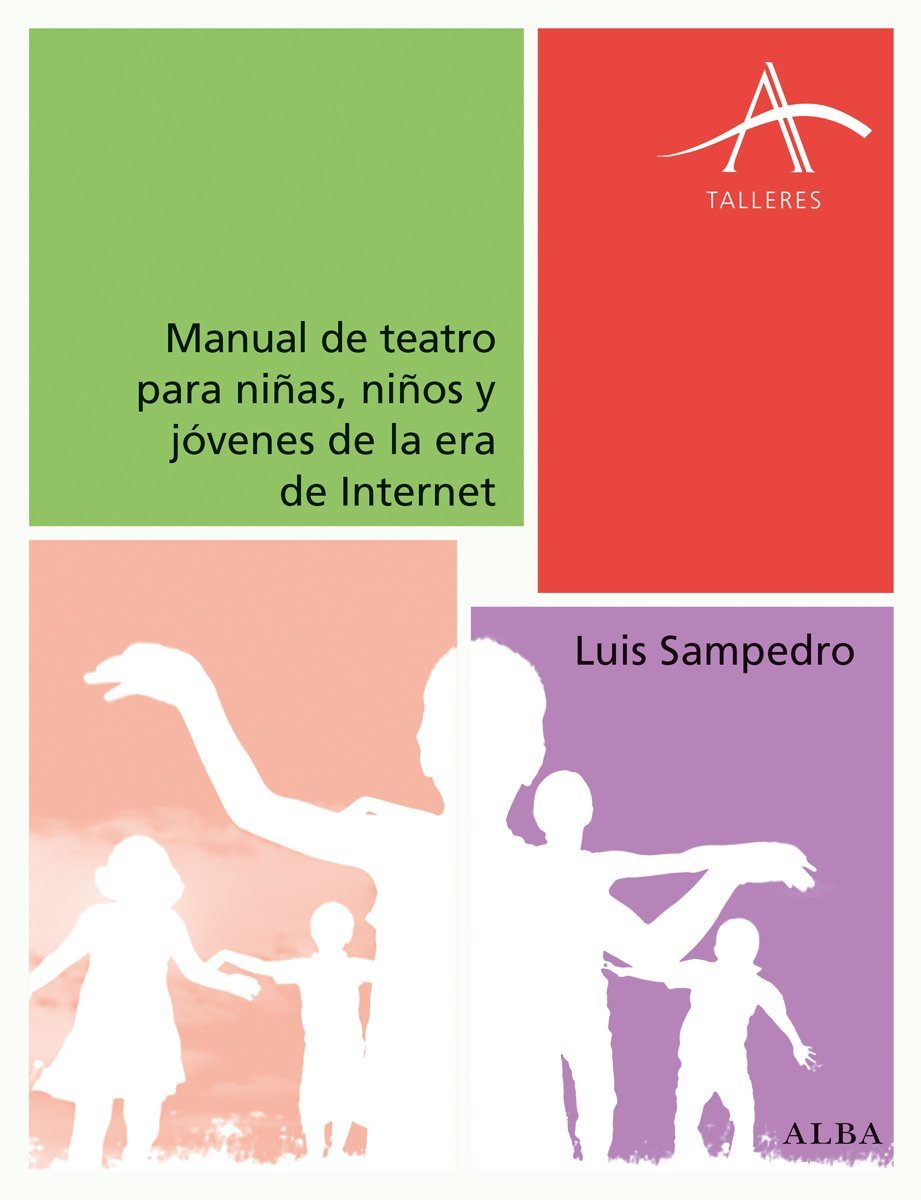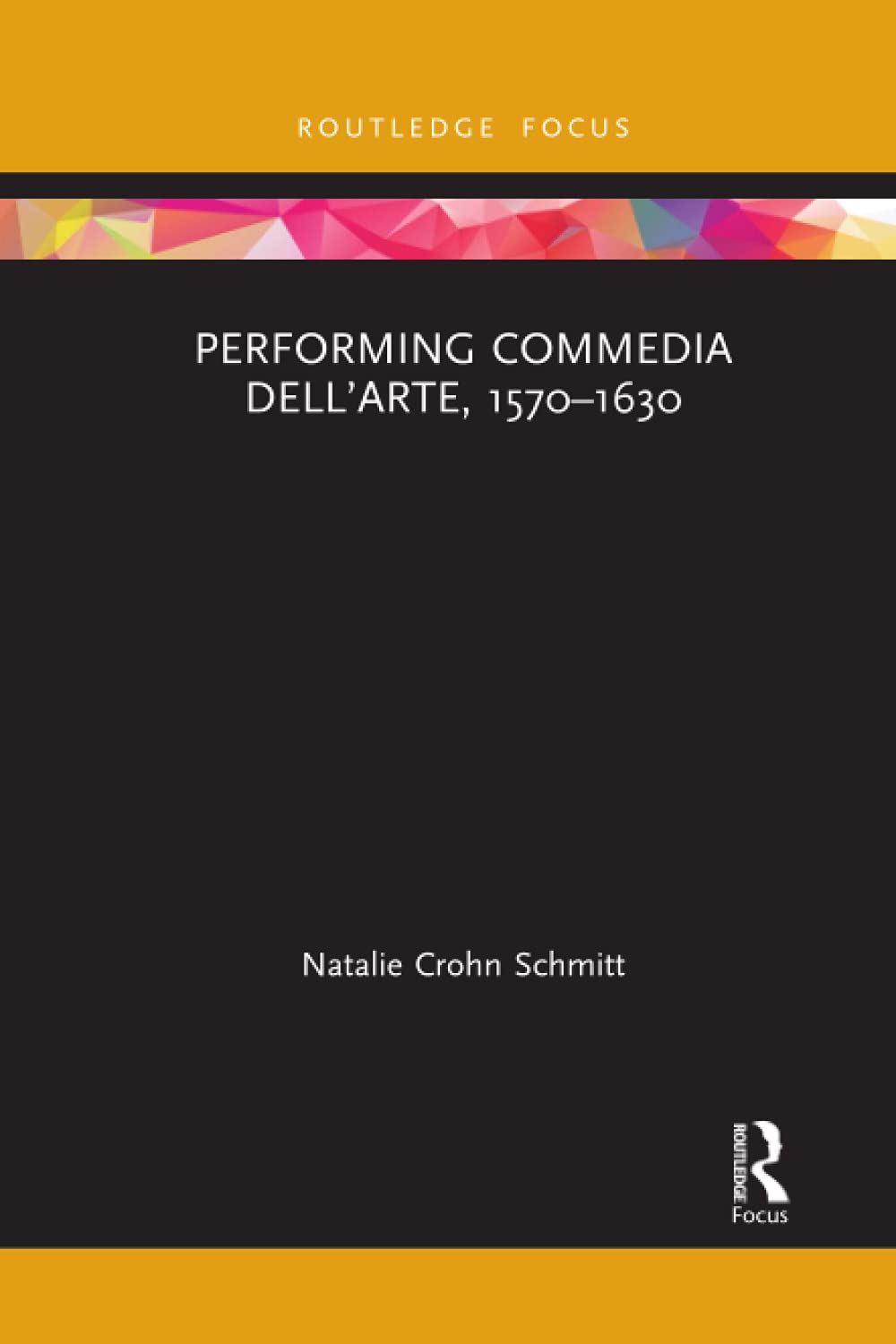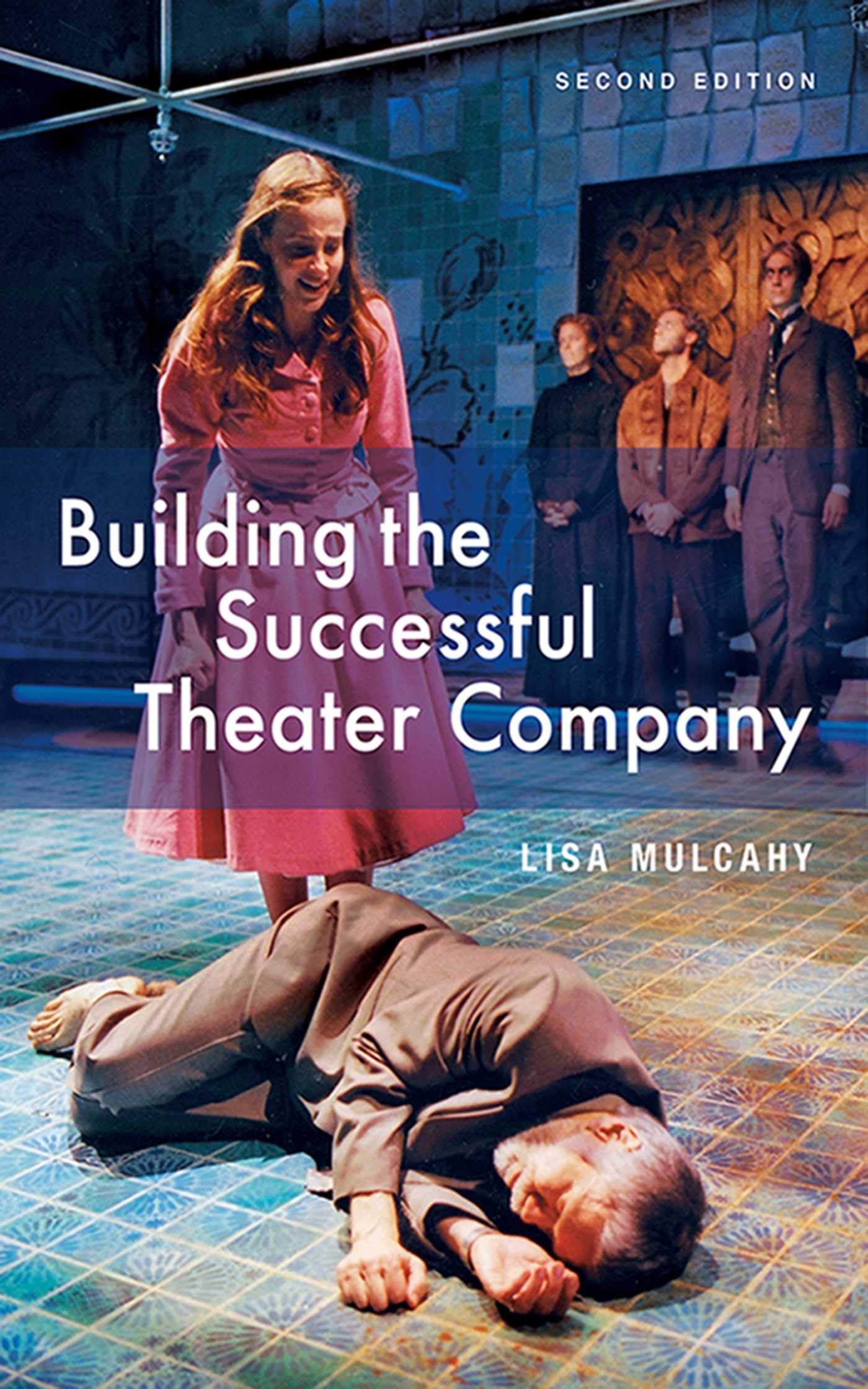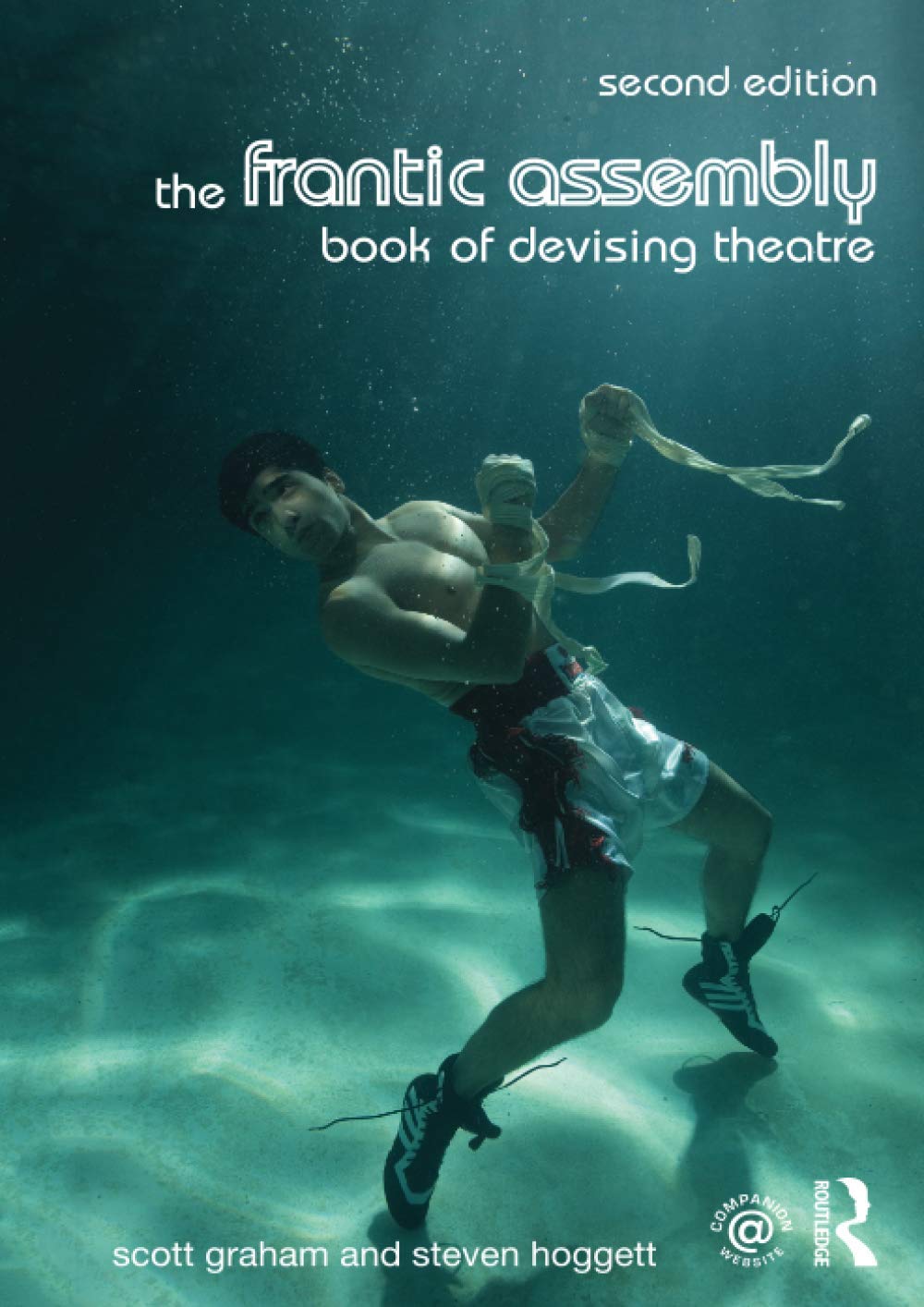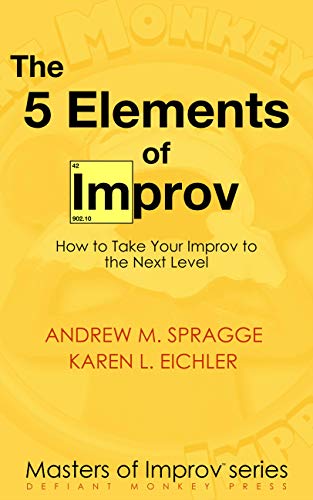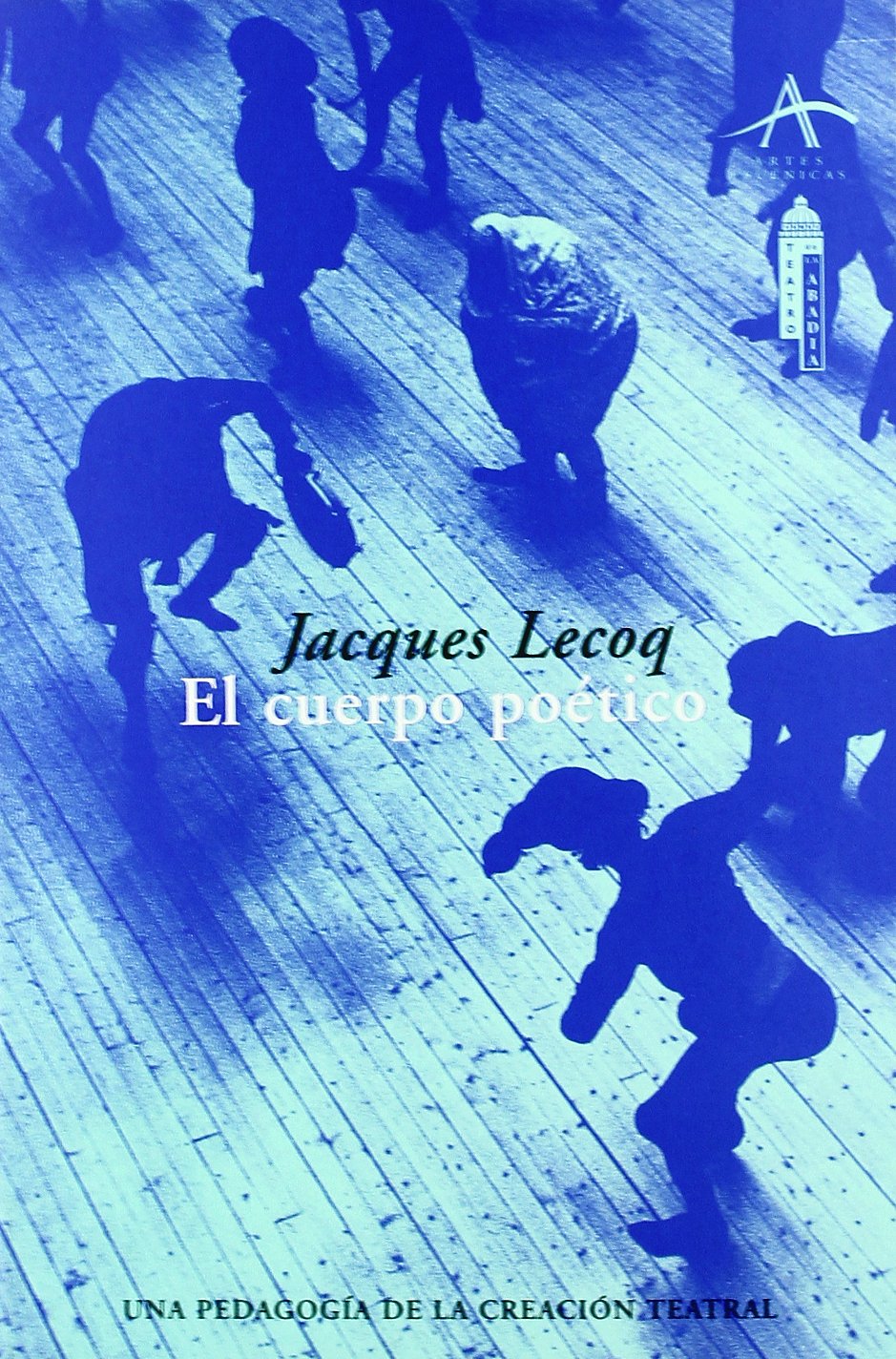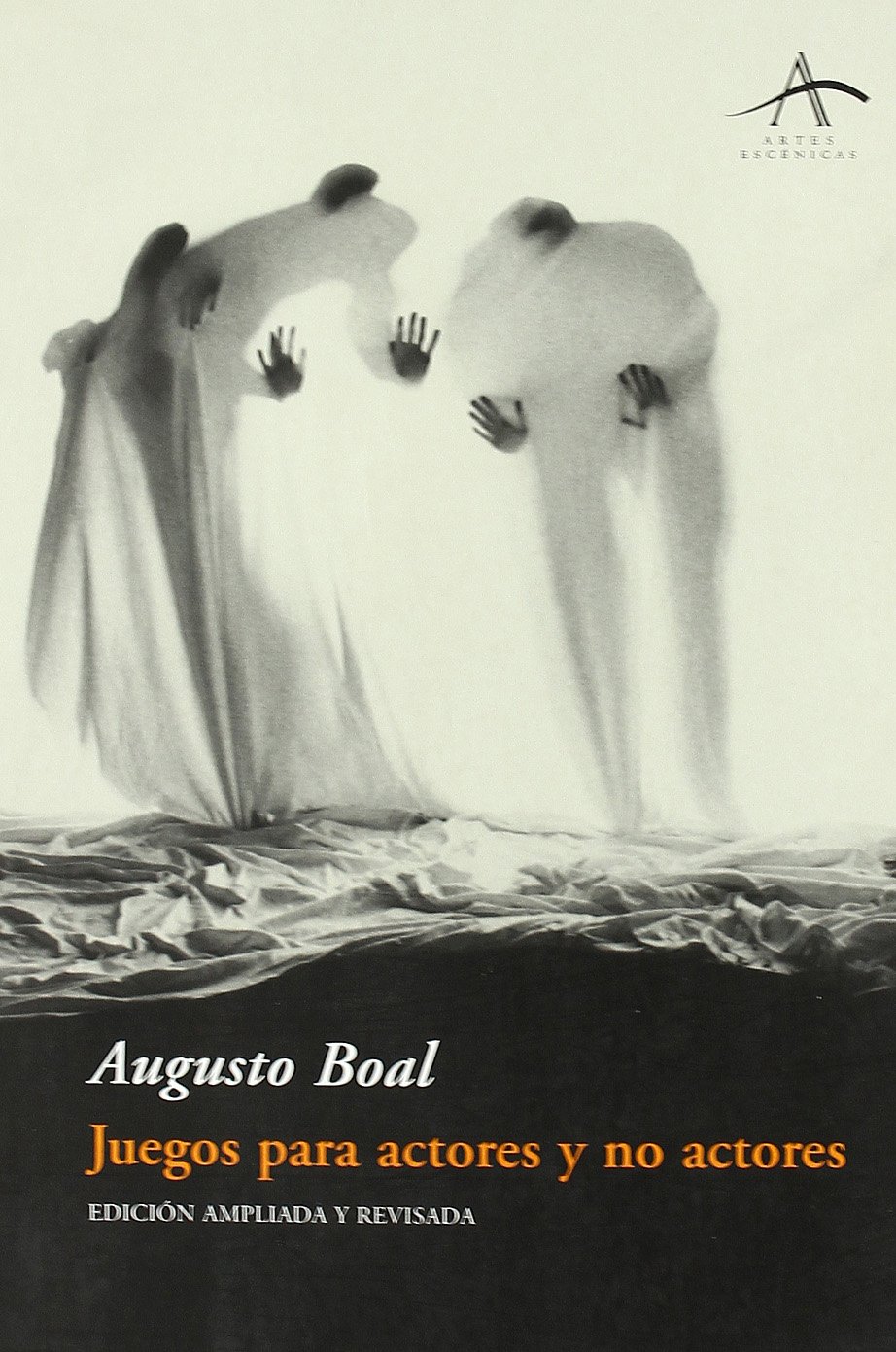The Uses of Drama : Acting As a Social and Educational Force: An Anthology Aristotle, Barrault, Brecht, Chambers, Laban, Mariwitz, Stanislavski… this book contains personal selection of writings on the theatre, ranging in time from Aristotle to Brook. Included are such aspects as drama as therapy, drama in education and the search for new drama.
Theater (non-improv)
The following books while are not purely about theatrical improvisation, they tell us about theater techniques that are interesting for improvised creation.
This is a manual for children and young people of this century to learn how to do theater. A book aimed at educators and parents who want to offer their students and children one of the best tools known to expand their personal horizon. From the age of four to 17, theatrical exercises take place here in a simple and fun way with which children and young people will master body language. This manual shows us that guaranteeing theatrical experiences in the teaching of children and young people is an urgent task in which we must all be part.
Performing Commedia dell’Arte, 1570-1630 explores the performance techniques employed in commedia dell’arte and the ways in which they served to rapidly spread the ideas that were to form the basis of modern theatre throughout Europe. Chapters include one on why, what, and how actors improvised, one on acting styles, including dialects, voice and gesture; and one on masks and their uses and importance. These chapters on historical performance are followed by a coda on commedia dell’arte today. Together they offer readers a look at both past and present iterations of these performances. Suitable for both scholars and performers, Performing Commedia dell’Arte, 1570-1630 bears on essential questions about the techniques of performance and their utility for this important theatrical form. Winner of Ennio Flaiano Award in Italianistica, 2020.
What makes a theater company successful? Lisa Mulcahy poses the question to leaders from nineteen of the country’s most diverse and vital theater companies from the recent past and present, and offers answers in Building the Successful Theater Company. Producers, stage managers, directors—anyone dreaming of running a theater troupe—will benefit from the practical guidance, amusing anecdotes, and sincere advice in this peek behind the curtains of the often difficult, always seductive, profession of theater. With five additional companies profiled in this fully revised third edition.
As Frantic Assembly move into their twentieth year of producing innovative and adventurous theatre, this new edition of their well-loved book demystifies the process of devising theatre in an unusually candid way. Artistic directors Scott Graham and Steven Hoggett offer an intimate and invaluable insight into their evolution and success, in the hope that sharing their experiences of devising theatre will encourage and inspire students and fellow practitioners. The Frantic Assembly Book of Devising Theatre is a uniquely personal account of the history and practice of this remarkable company, and includes: · practical exercises · essays on devising, writing and choreography · suggestions for scene development · a 16-page colour section, and illustrations throughout · a companion website featuring clips of rehearsals and performances. This is an accessible, educational and indispensable introduction to the working processes of Frantic Assembly, whose playful, intelligent and dynamic productions continue to be acclaimed by audiences and critics alike.
Designed for those already familiar with the basics, The 5 Elements of Improv is a valuable resource for everyone from beginner to pro. The authors’ theatre, teaching, and improvisation backgrounds will help you become well-versed in the 5 Elements that give you the most bang for your onstage buck: First in the “Masters of Improv” series, The 5 Elements of Improv is the perfect introduction to the Defiant Monkey School of Improv.
Animated by the same spirit as Stanislavski, Vakhtangov, Michael Chekhov, or Meierhold, his own experience as an actor and director leads Lecoq to reformulate principles, investigate processes, and reveal new aspects of the dynamic relationship of the actor, the body, and space.
It could not be missing from the Workshops collection (Reading Workshop, Theater Workshop and Voice Workshop), practical work material to play and be able to organize a theater workshop for children. The book offers an abundant amount of possibilities that can be used to organize recreational and theatrical learning sessions with children and young people.
Games for Actors and Non-Actors is the classic and bestselling book by the founder of Theatre of the Oppressed, Augusto Boal. It sets out the principles and practice of Boal’s revolutionary method, showing how theatre can be used to transform and liberate everyone – actors and non-actors alike! This new third English edition includes recently uncovered interviews and essays from the 1970s, some of which featured in the earliest Portuguese edition of this book, and a new essay by the theatre director Sergio de Carvalho, which looks at Boal’s work in the context of Brazilian theatre and politics over the past fifty years. This is a vital handbook for theatre makers and activists of all kinds who want to deepen their understanding of the theory and practice of Boal’s Theatre of the Oppressed. It is also an excellent introduction for those new to the system.
